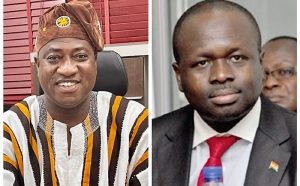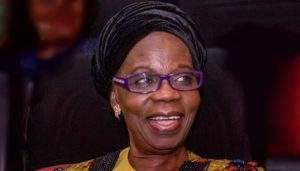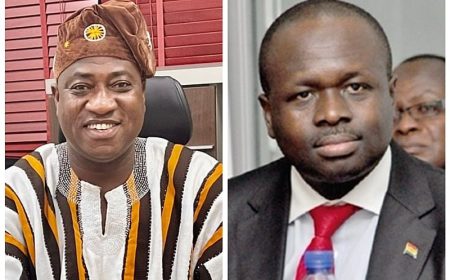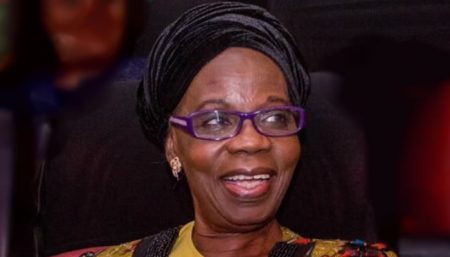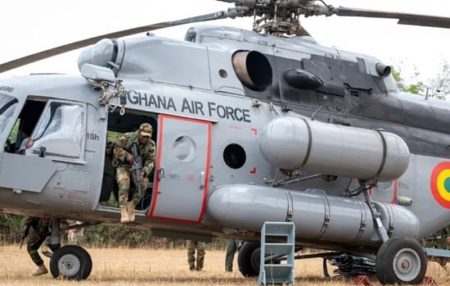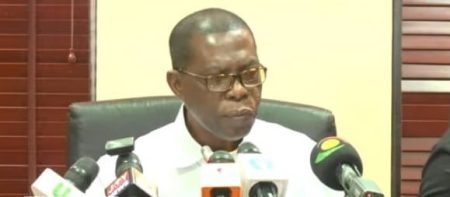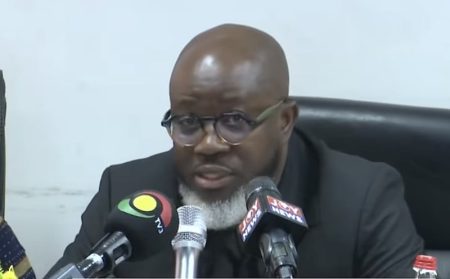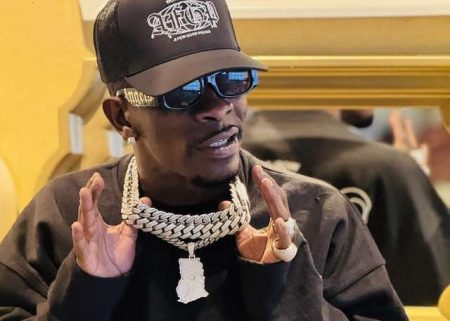The Economic and Organized Crime Office (EOCO) of Ghana has confirmed the seizure of a Lamborghini Urus, a luxury SUV, from the prominent Ghanaian dancehall artist, Shatta Wale, whose real name is Charles Nii Armah Mensah Jr. This action was part of a larger international operation involving U.S. federal agencies, specifically the FBI and the U.S. Department of Justice, targeting assets linked to financial crimes. The vehicle, confiscated from Shatta Wale’s residence in the upscale Trassaco Valley neighborhood of Accra, is believed to have been purchased with funds connected to Nana Kwabena Amuah, currently incarcerated in the United States, serving an 86-month sentence for financial malfeasance. The seizure marks a significant development in an ongoing investigation and asset recovery effort, highlighting the transnational nature of financial crime and the collaborative efforts required to combat it.
The seizure of the Lamborghini Urus was executed professionally and without incident in June 2025, according to EOCO’s official statement. The operation stemmed from a formal request made by the FBI and the U.S. Department of Justice in 2023, indicating a prolonged period of investigation and intelligence gathering leading up to the action. EOCO’s statement further revealed that Shatta Wale, recognizing the potential damage to his public image, personally appealed to the officers not to publicize the seizure. He emphasized the vehicle’s importance to his brand and expressed concern that its removal by EOCO would negatively impact his public persona. Acknowledging his cooperation, EOCO allowed Shatta Wale to voluntarily surrender the vehicle, which is now in the agency’s custody pending further legal proceedings.
The Lamborghini’s seizure forms a crucial component of EOCO’s broader strategy to recover assets linked to Amuah’s criminal activities. The agency’s Surveillance and Asset Recovery Unit (SARU) is playing a central role in this effort, which extends beyond Ghana’s borders and involves close collaboration with international partners. The U.S. authorities are preparing to file a Mutual Legal Assistance request to facilitate the repatriation of the luxury vehicle to the United States. This repatriation is integral to the ongoing efforts to recover a substantial $4.7 million in restitution from Amuah, stemming from his financial crimes. The collaboration between Ghanaian and U.S. agencies underscores the increasing importance of international cooperation in combating transborder financial crime.
Adding further intrigue to the case, EOCO designated Shatta Wale and a former senior official from Ghana’s National Signal Bureau as persons of interest. While the exact nature of their involvement has not been disclosed, their designation signifies a potential expansion of the investigation. EOCO plans to invite both individuals for questioning in the coming days to shed light on their relationship with Amuah and the acquisition of the Lamborghini. The involvement of a former high-ranking official raises questions about potential breaches of public trust and the extent to which Amuah’s criminal network may have infiltrated governmental institutions.
This case has attracted significant public and media attention in Ghana, given Shatta Wale’s celebrity status and the high-value asset involved. The unfolding investigation has fueled speculation and prompted discussions surrounding the intersection of fame, fortune, and alleged criminal activity. The case also highlights the challenges posed by international financial crimes and the complexities of asset recovery across borders. As the investigation progresses, the public awaits further details regarding the nature of the charges, the evidence gathered, and the implications for all individuals involved. The outcome will likely have significant ramifications for Shatta Wale’s career and public image, as well as broader implications for the fight against financial crime within Ghana.
The ongoing investigation holds the potential to expose further details of Amuah’s criminal enterprise, the methods used to launder illicit funds, and the individuals who may have facilitated or benefited from his activities. The case serves as a stark reminder of the global reach of financial crime and the need for robust international cooperation to effectively combat it. As EOCO continues its investigation, with the support of U.S. authorities, the full scope of Amuah’s criminal network and the extent of the financial damage caused are likely to become clearer. The outcome of this high-profile case will be closely watched, as it could set a significant precedent for future financial crime investigations in Ghana and beyond.


